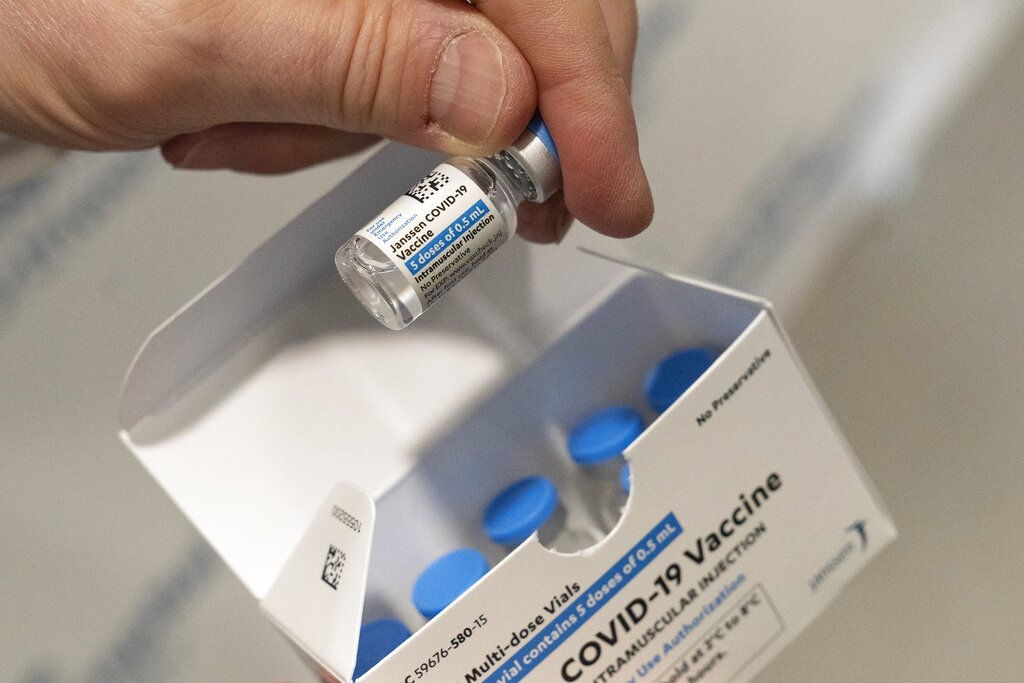
AURORA | A patient at the University of Colorado Hospital has been successfully treated with an alternative thinner for a blood clot related to the Johnson & Johnson vaccine.
The patient, a woman in her 40s, arrived at the hospital emergency room 12 days after receiving the J&J vaccine experiencing dizziness, a headache and vision changes, according to a news release from University of Colorado Hospital. It was the same day the vaccine was put on pause by federal regulators so they could examine other blood clot reports.
The patient was diagnosed with a vaccine-induced thrombotic thrombocytopenia, a very rare condition that causes blood clots.
The CDC has warned that these clots should not be treated with the regularly used blood thinner heparin, which can actually make the condition worse. So University of Colorado Hospital doctors treated the patient with the drug Bivalirudin. She responded well to the drug and left the hospital after six days, according to the hospital.
The case was written about in the journal Annals of Emergency Medicine.
“Our experience shows us that these clot reactions are very rare, and they can be treated,” said Dr. R. Todd Clark, co-author of the report and assistant professor of emergency medicine at the University of Colorado School of Medicine.
Colorado and many states across the nation have resumed the J&J shots after federal regulators concluded they are indeed safe. Early last month Colorado joined two other states in reporting that some people who received the single-dose shot experienced “adverse” reactions like dizziness and fainting.
In those cases, the CDC has said it was probably anxiety that caused those reactions, not an illness that causes blood clots.
Of the three COVID-19 vaccines authorized in the U.S., only J&J’s requires just one dose. That probably makes it more appealing to people who are nervous about shots and might leave them “more highly predisposed to anxiety-related events,” a CDC report on the incidents said.
Some of the sites advertised they were giving J&J shots, noted Dr. Tom Shimabukuro, who leads the CDC’s COVID-19 vaccine safety monitoring work and is one of the study’s authors.
The CDC found that about a quarter of the people reporting side effects had similar things happen following past vaccinations.
As of last week less than two dozen people developed the unusual blood clots following the the J&J vaccine.
— The Associated Press contributed to this report
The Link LonkMay 05, 2021 at 02:28AM
https://ift.tt/3unZUVV
University of Colorado Hospital treats patient with Johnson & Johnson-related blood clot - Sentinel Colorado
https://ift.tt/3d5QSDO

No comments:
Post a Comment